On World Suicide Prevention Day, we confront a sobering truth: India, which accounts for over a third of all female suicides globally, faces a deepening crisis. In 2021, the National Crime Records Bureau (NCRB) reported that 45,026 women died by suicide in India, with housewives constituting more than 50 per cent of these cases. Alarmingly, the rate of female suicides has been rising steadily, with over 10 per cent of all suicides in India being women aged between 15 and 29, according to the latest data from The Hindu.
Furthermore, the suicide rate among women in India is significantly higher compared to many other countries, with a rate of 11.7 per 100,000 women, as reported by the World Health Organization. This is compounded by the rise in suicides among students, which have increased by 4 per cent annually, surpassing the national average and highlighting the immense pressure on young women.
These figures highlight a silent crisis brewing behind closed doors, exacerbated by societal pressures, stigma, and limited access to mental healthcare.
The Stark Reality of Female Suicides in India
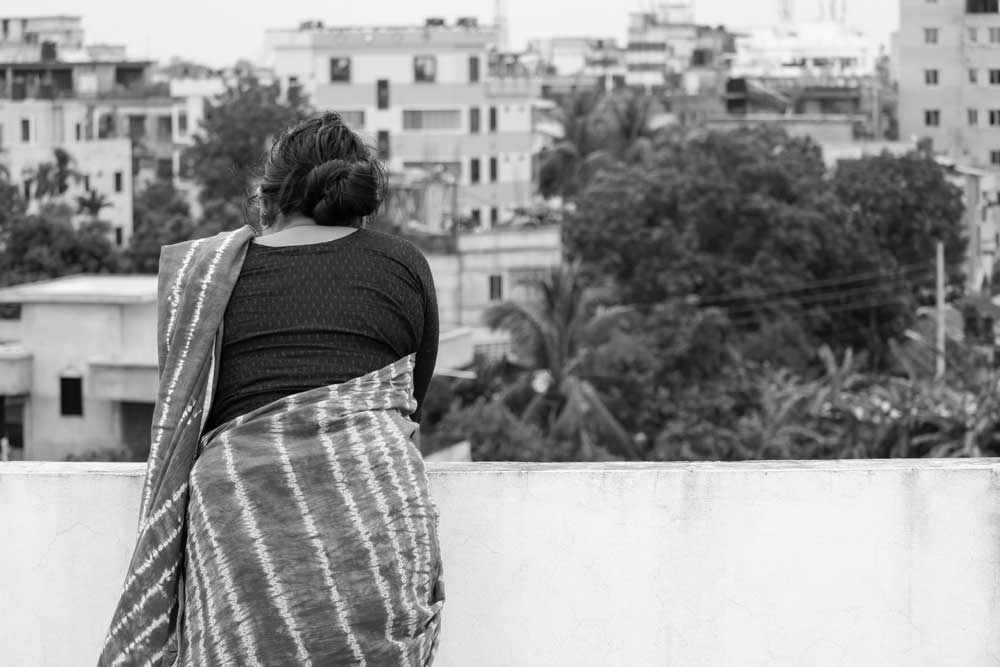
India has one of the highest rates of female suicides globally. According to the National Crime Records Bureau (NCRB), suicide rates among housewives are more than double those of farmers. The reasons are multifaceted but often rooted in the unique stressors Indian women face, particularly those who assume caregiving roles.
A study by The Lancet suggests that marriage, typically seen as a safety net for women, can ironically be a source of tremendous pressure, especially for housewives, who report feelings of entrapment, financial dependence, and a lack of autonomy. In India’s deeply patriarchal society, women are often expected to balance impossible roles — caregivers, homemakers, and even breadwinners in some cases — without adequate support or recognition.
Understanding the Causes
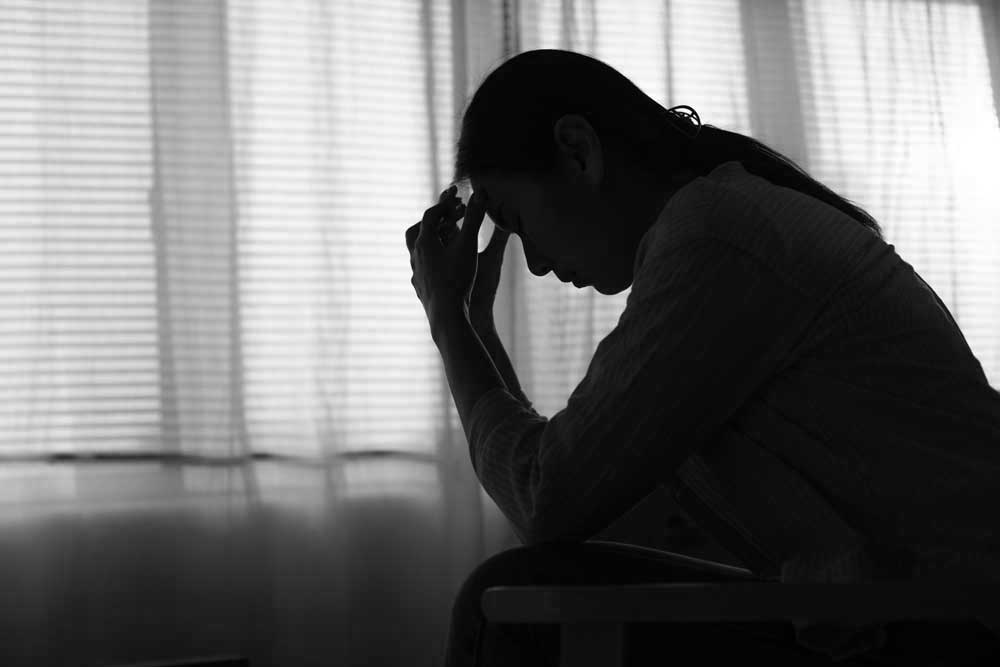
According to mental health expert, Dr Reena Dey, the alarmingly high suicide rate among women in India can be attributed to several factors. "The intersection of societal expectations and the lack of emotional and social support systems for women in India often leads to chronic stress and depression, both of which are major risk factors for suicide," says Dey.
She further explains that housewives, in particular, are burdened with the expectation of keeping the family unit intact, while their own emotional and mental health needs are often neglected. "The stigma surrounding mental health issues, particularly in conservative households, prevents women from seeking help even when they desperately need it."
Dey also points out that the rise in suicides among students, as reported in various studies, can be traced back to familial and societal pressures to excel academically. "We often overlook how cultural ideals of 'success' are imposed on women, starting from childhood, causing significant mental strain."
The Stigma Around Mental Health in India
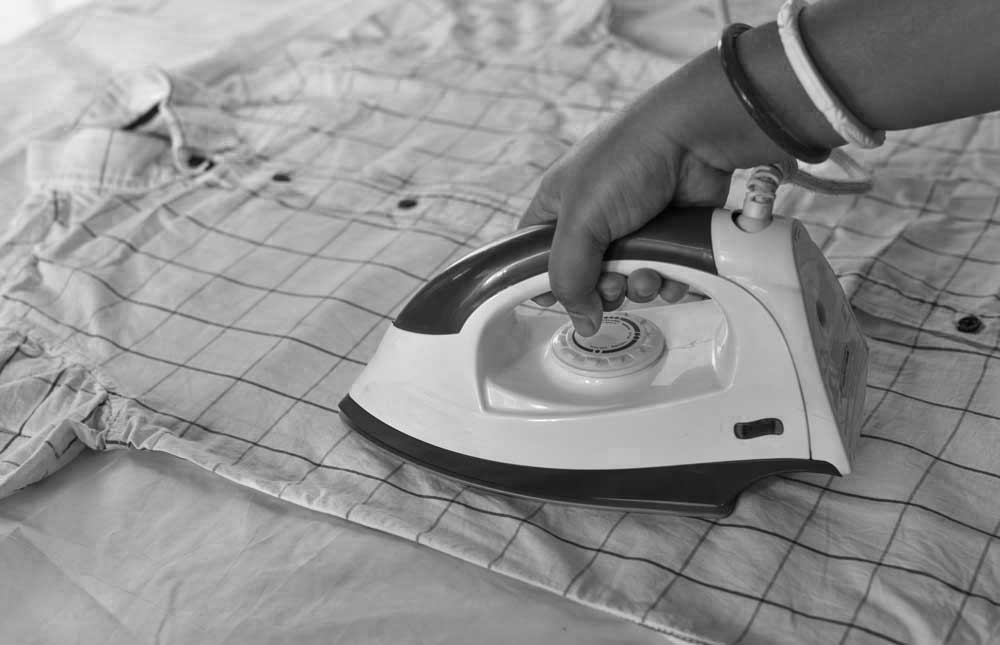
Despite evolving attitudes and a rising demand for mental health services in India, access to adequate care remains limited. According to data from The Hindu, nearly 200 million people in India experience some form of mental illness, but only a fraction have access to the professional help they need. The stigma surrounding mental illness is still pervasive, especially in rural and semi-urban areas where mental health resources are sparse.
For Indian women, mental health is a particularly taboo topic. Seeking help can be seen as a sign of weakness or even failure in fulfilling societal roles. This stigma keeps many women silent, trapped in a cycle of mental health deterioration, with little support from their families or communities.
Suicide Prevention and Statewide Helpline Numbers
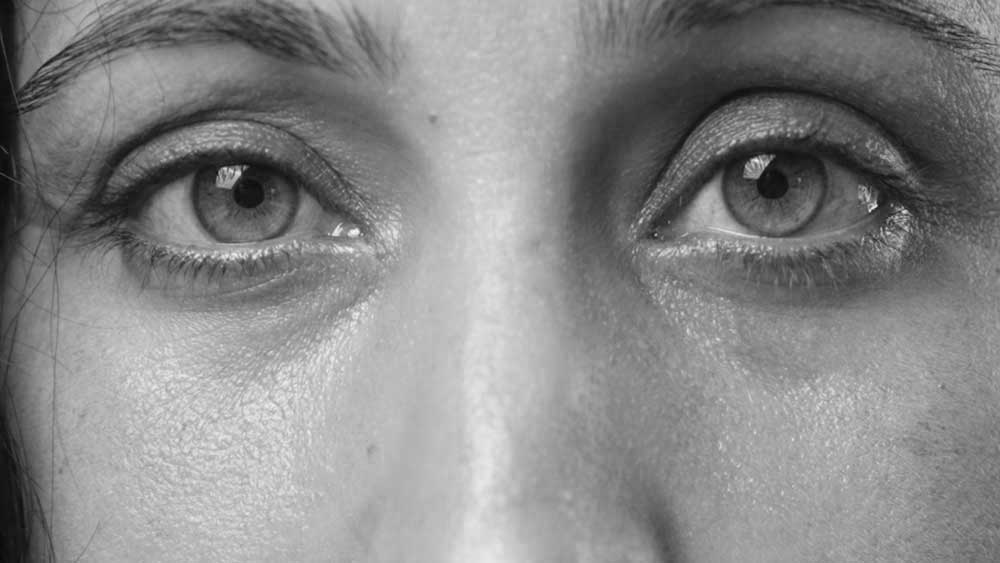
As India battles its mental health crisis, access to suicide prevention resources is crucial. Below are some government-supported helpline numbers that offer support for those in need:
· KIRAN (Pan-India Mental Health Helpline): 1800-599-0019 (Available 24x7)
· Snehi (Pan-India): 91-22-2772 6771
· AASRA (Mumbai, Pan-India): 91-22-2754 6669
· Vandrevala Foundation (Pan-India): 9999 666 555 (Available 24x7)
· Fortis Stress Helpline: 08376804102 (For those experiencing distress or suicidal thoughts)
· Tamil Nadu (Snehi Foundation): 91-22-2549 9777
· Andhra Pradesh (Lifeline Foundation): 91-40-2772 6771
· Karnataka (Sahai): 080-2549 7777
· Assam (Monon): 0376-2312394
· Roshni Helpline (Hyderabad): +91 40 6620 2000, +91 40 6620 2001
· Maitreyi Suicide Prevention Helpline (Delhi NCR): 9871650511
A Call for Support Systems and Advocacy
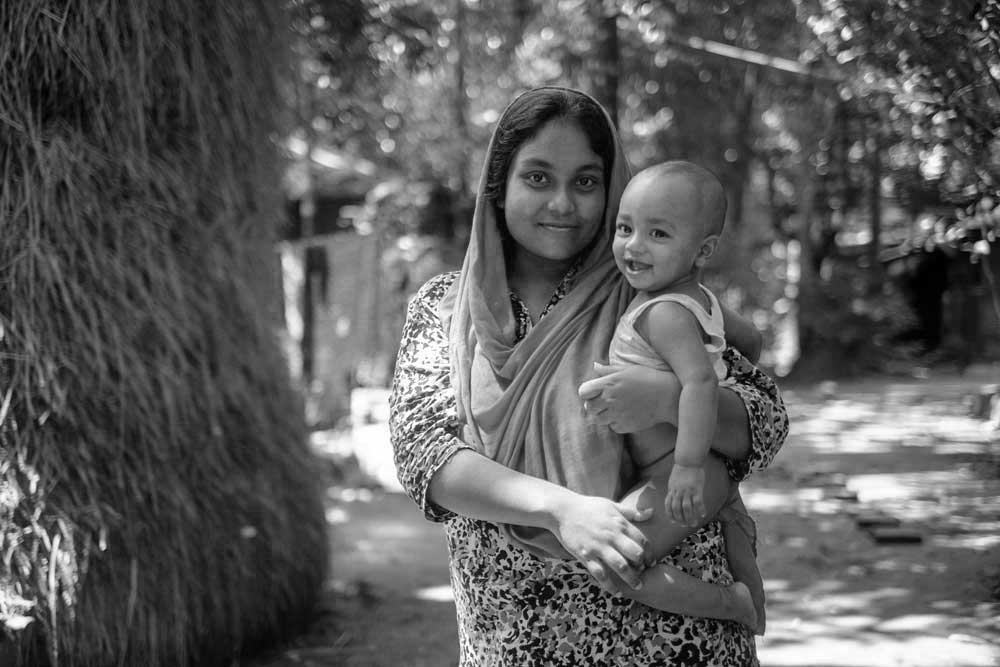
Breaking the cycle of suicide among Indian women requires a multifaceted approach. Many experts emphasise the need for better mental health infrastructure, especially in rural areas. Advocacy around mental health, particularly in schools, workplaces, and homes, is crucial. Family support systems, open conversations about mental health, and widespread suicide awareness campaigns can play a pivotal role in breaking the stigma. On World Suicide Prevention Day, we must remember that no woman should feel trapped by societal expectations or suffer in silence.